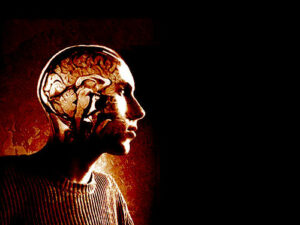 I am a big fan of Robert Kegan. He is a specialist at Harvard in adult development, and I first started following his work during my graduate program in Organization Development at Georgetown back in 2001. One of the main points that he and his colleagues make is actually simple:
I am a big fan of Robert Kegan. He is a specialist at Harvard in adult development, and I first started following his work during my graduate program in Organization Development at Georgetown back in 2001. One of the main points that he and his colleagues make is actually simple:
Our brains continue to develop AFTER we reach adulthood.
It sounds like common sense, but in fact the common assumption about this is the opposite. We tend to acknowledge that children's brains go through developmental stages. It's not just that they learn more or have more information, it's that their brains are capable of doing more complex things. But we tend to look at it differently for adults. Some people are smarter than others, and some use their brains more than others, but we tend to assume that the brain itself is basically the same for all our lives after we hit adulthood.
Kegan and his colleagues say no. They argue that the brain continues to go through stages of development as we get older, and they are based on the individual's ability to handle complexity. The first is the “socialized mind,” where people define themselves mostly in their relationships to other people or to ideas. They assess what is going on in their environment and choose behaviors related to the role expectations in that environment. People at this level of complexity capacity are good team players because they identify so strongly with specific groups or ideas, though there can be a down side to that as well, because they often have trouble filtering information properly if it conflicts with their existing ideas or connections (groupthink). They call the second level the “self-authoring mind,” where individuals have the ability to step back a bit from their environment and see themselves more clearly. Individuals here have found their voice and are more comfortable being in the driver’s seat, though the clearer understanding of self can get them into trouble if they end up off-course. The third and more elusive level is called the “self-transforming mind.” At this stage, the individual can actually step back and get some perspective on their own agenda and approach in order to see systems more completely. They are more comfortable with paradox and are more skilled at seeing their own, inner contradictions (which is a critical step in achieving this level of development in the first place).
These days, I think we need more people at that self-transforming level. Does your organization pay attention to what levels your employees are at, and how to help them develop?
